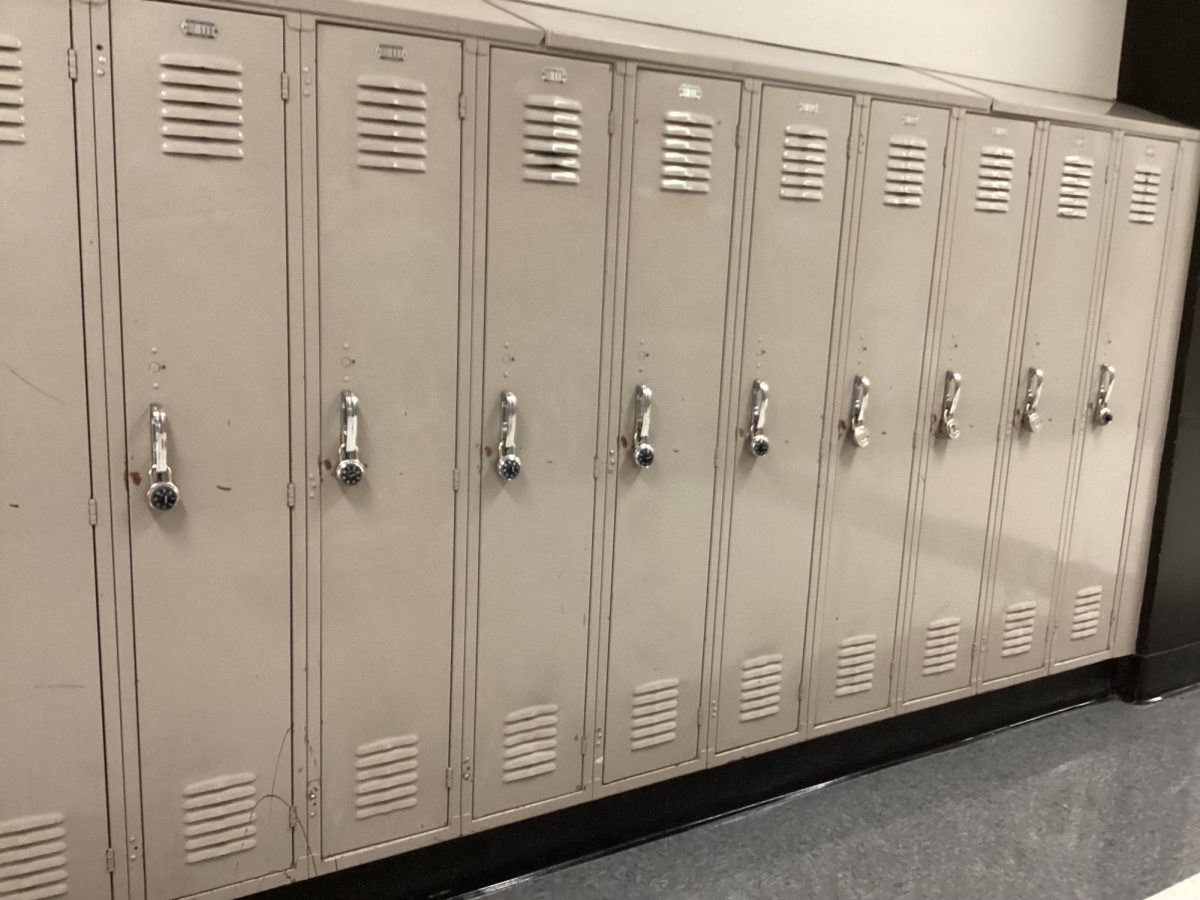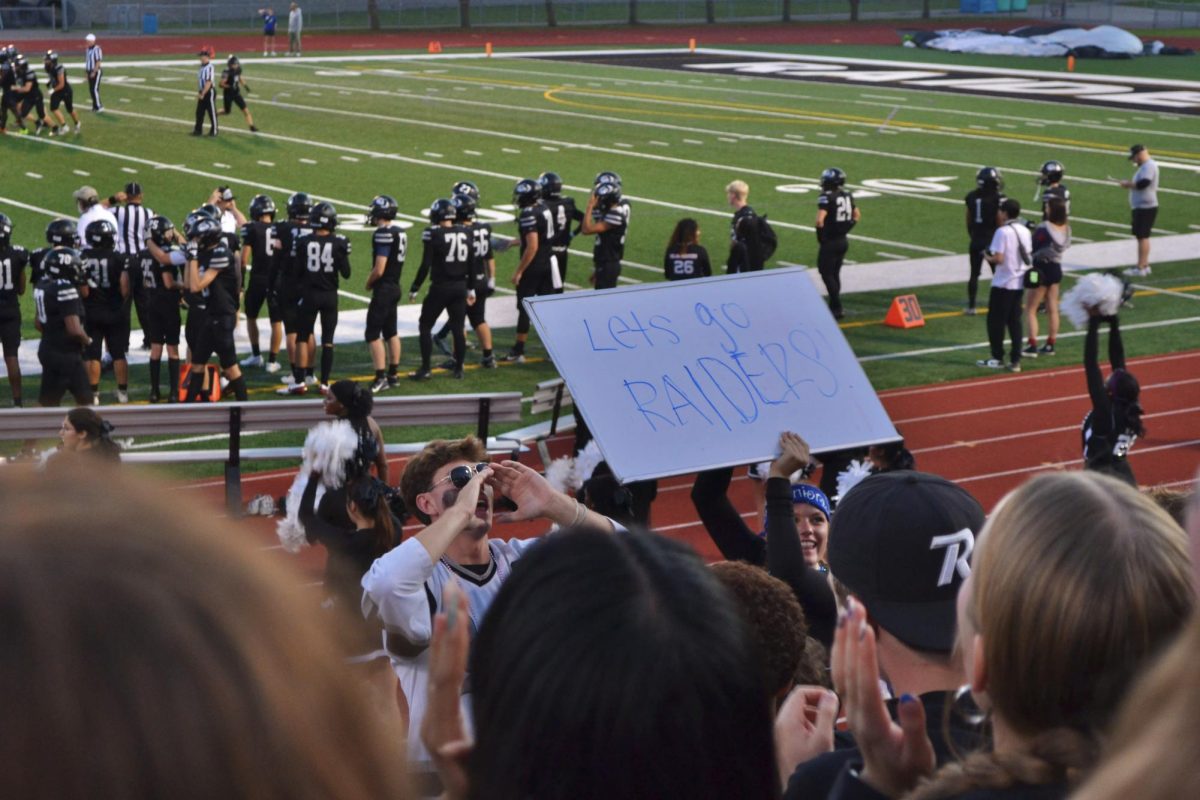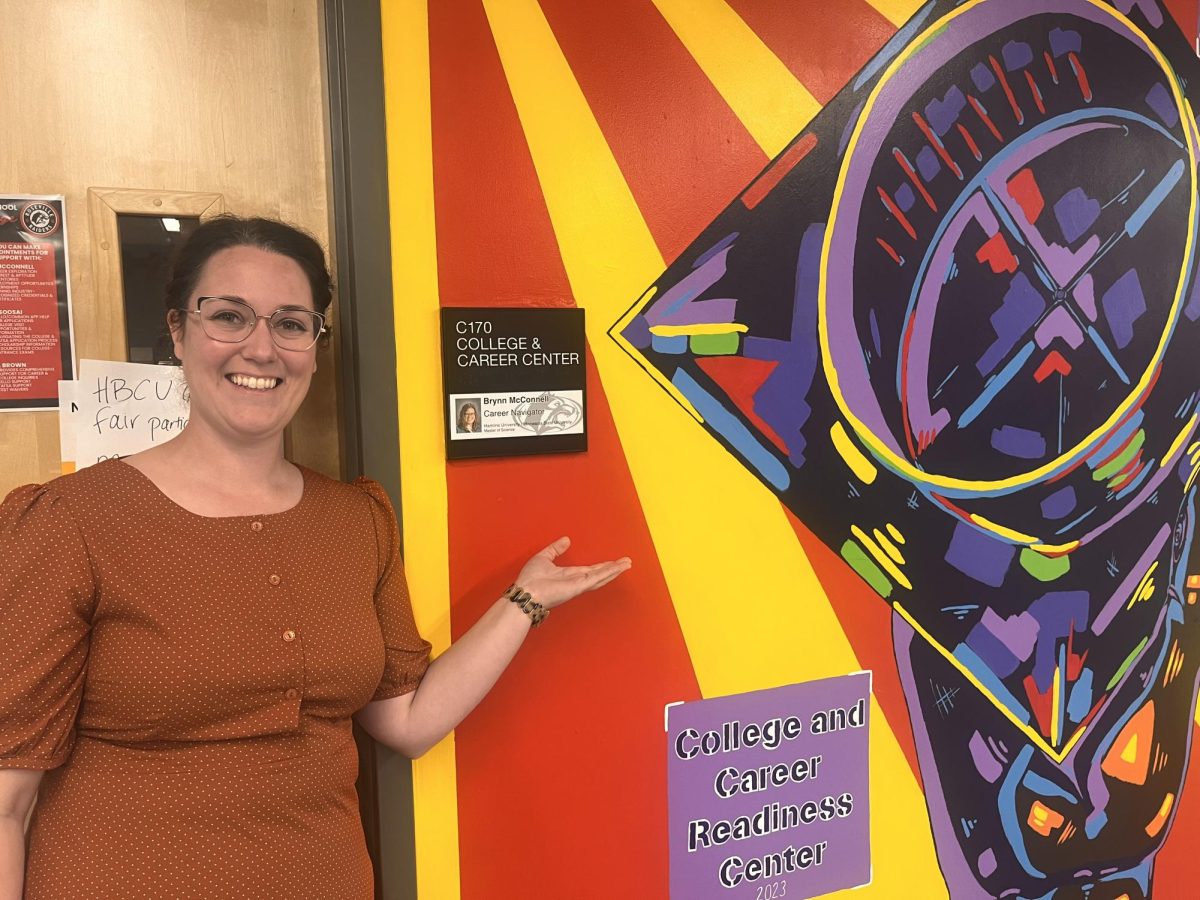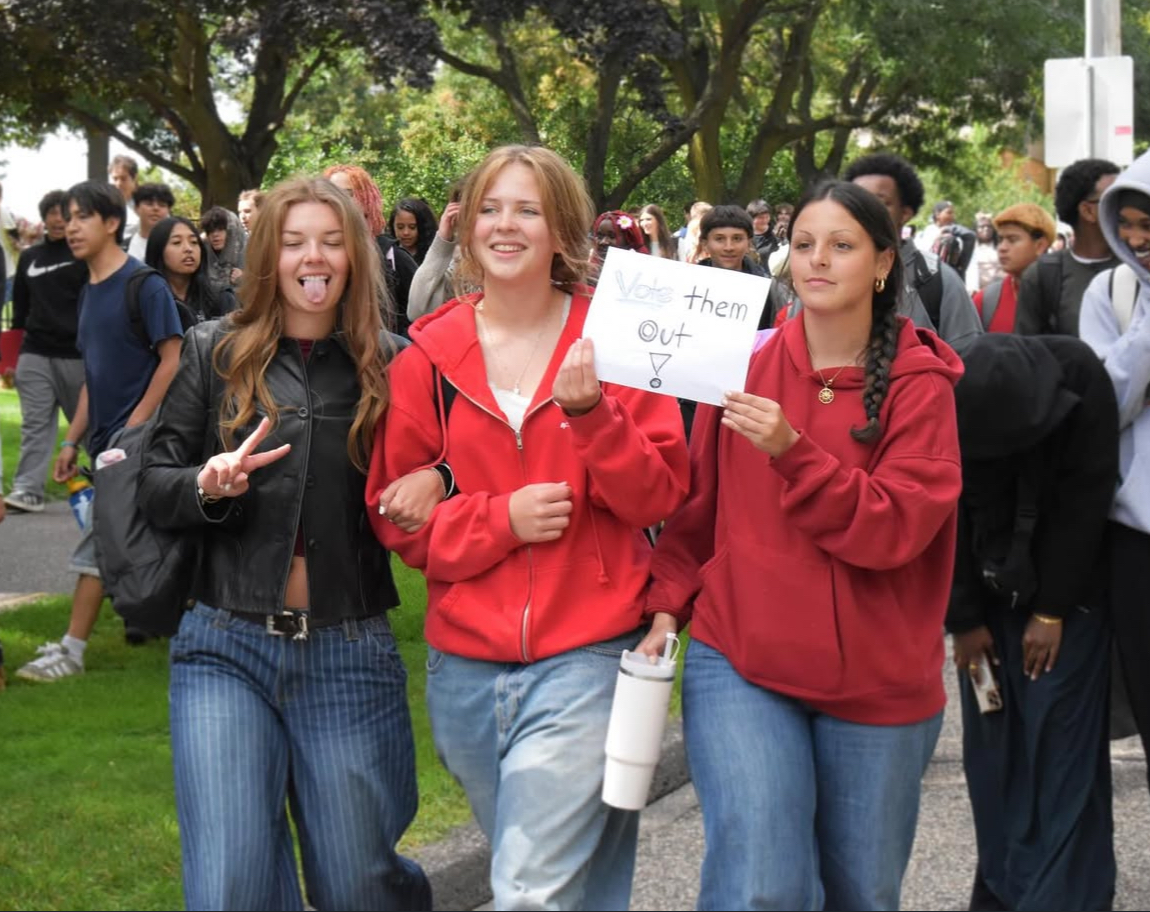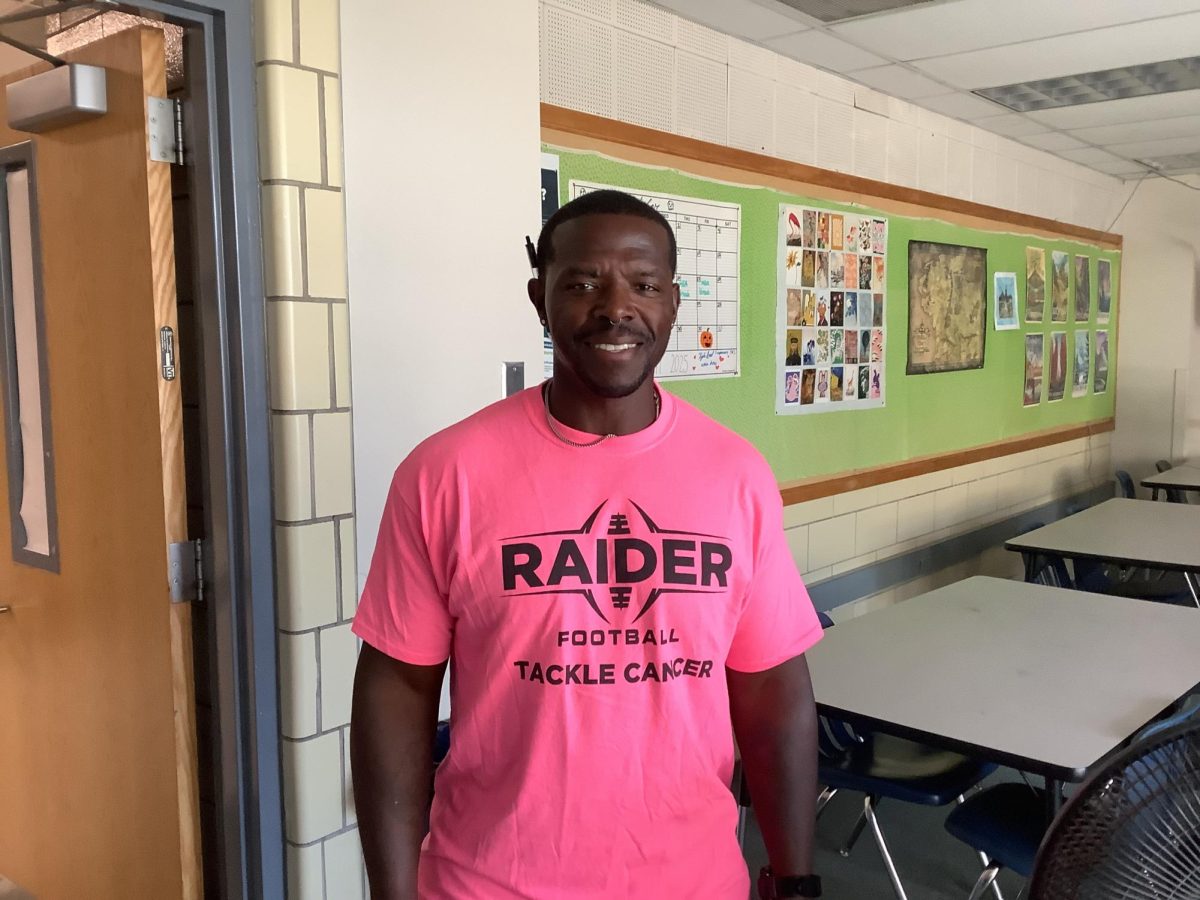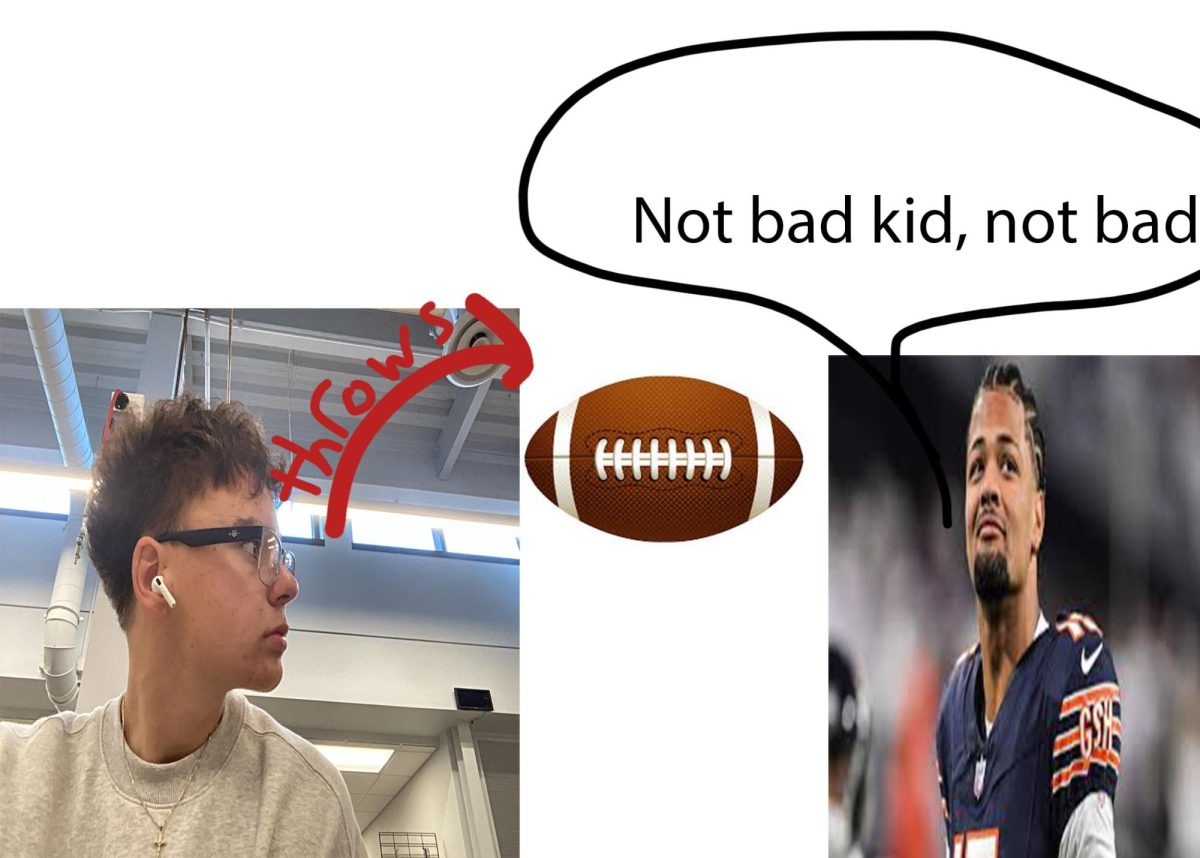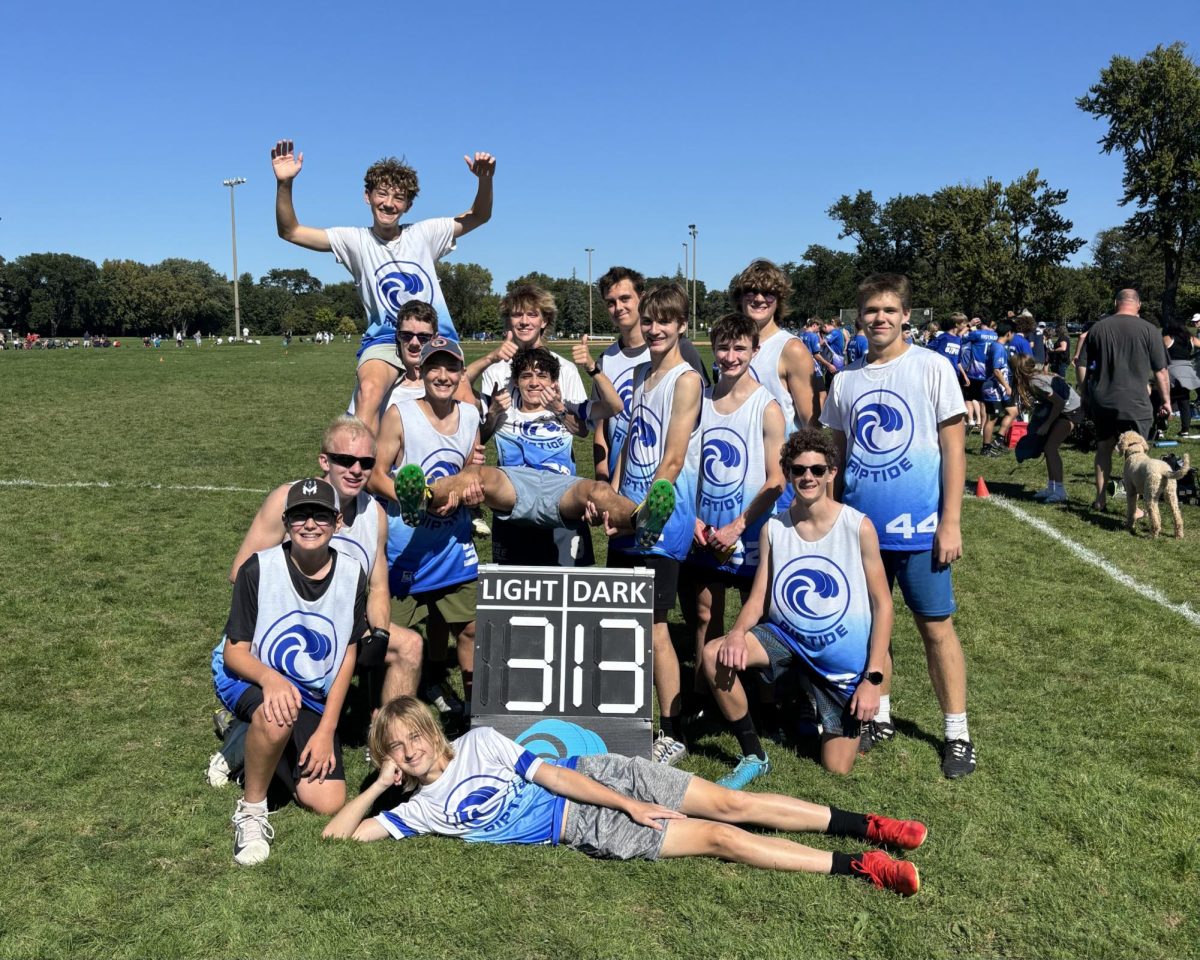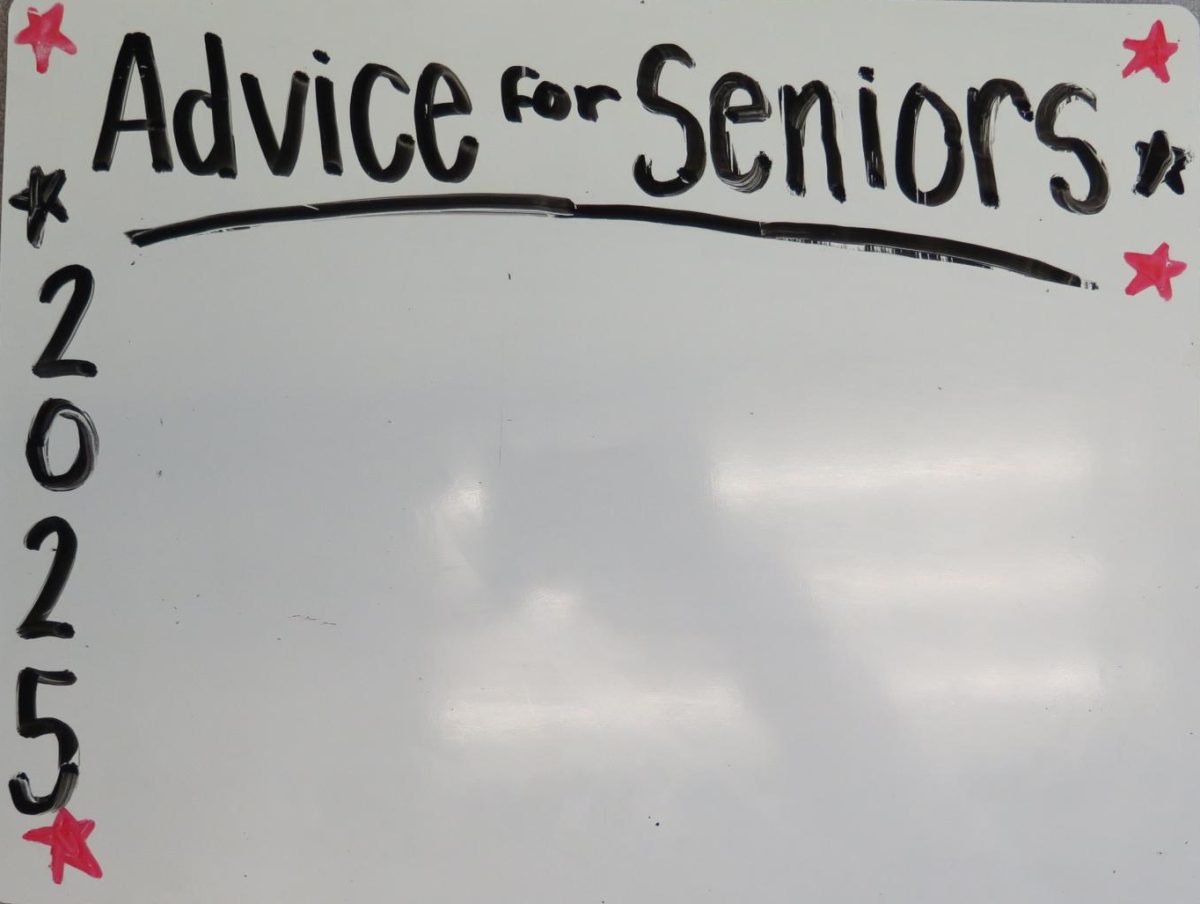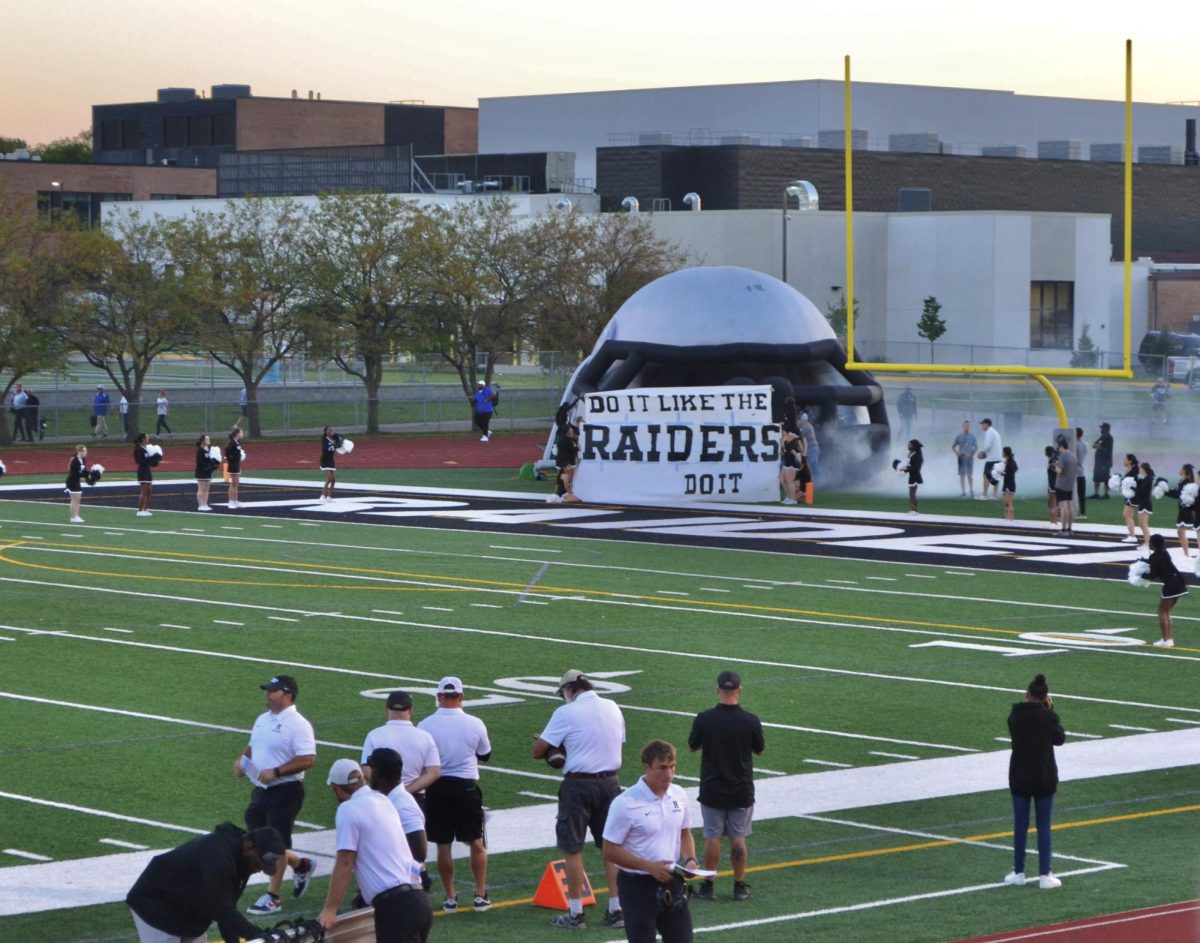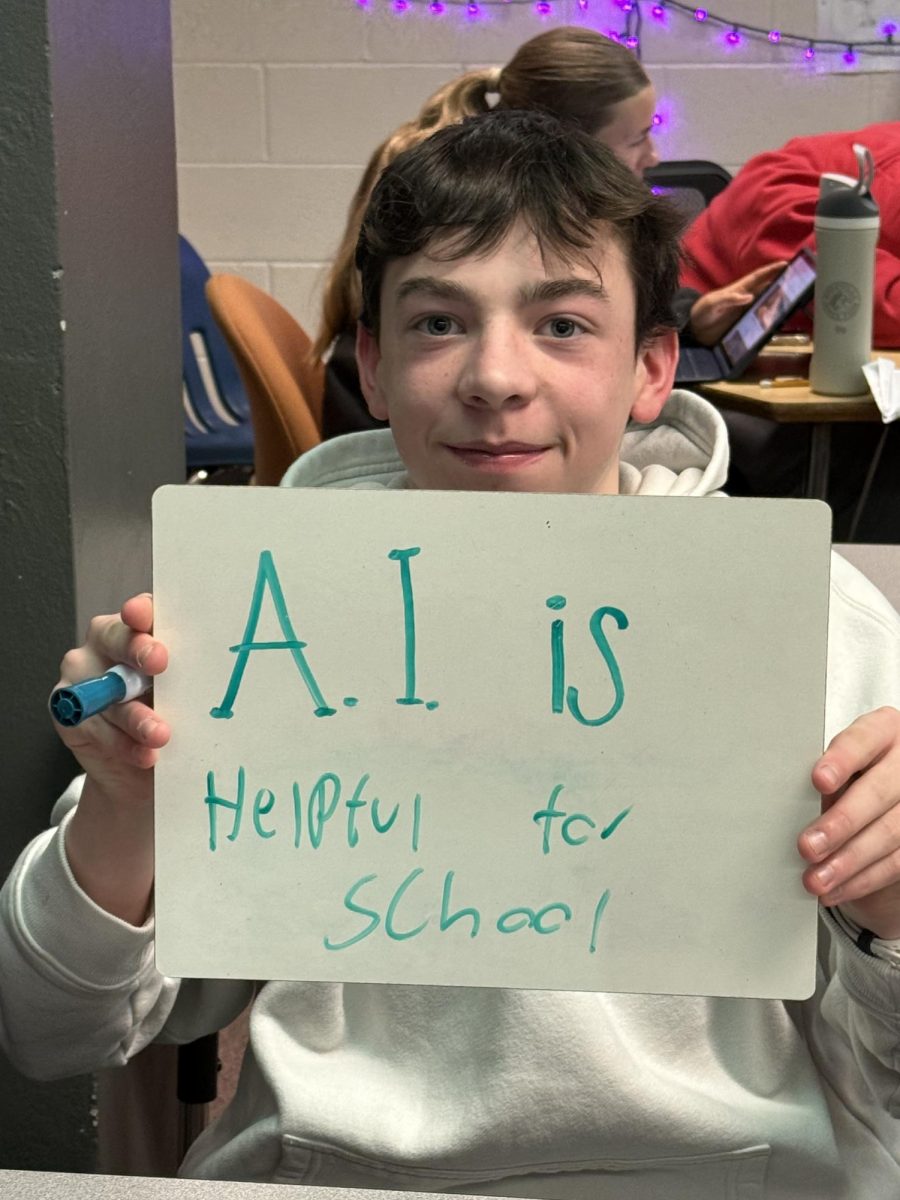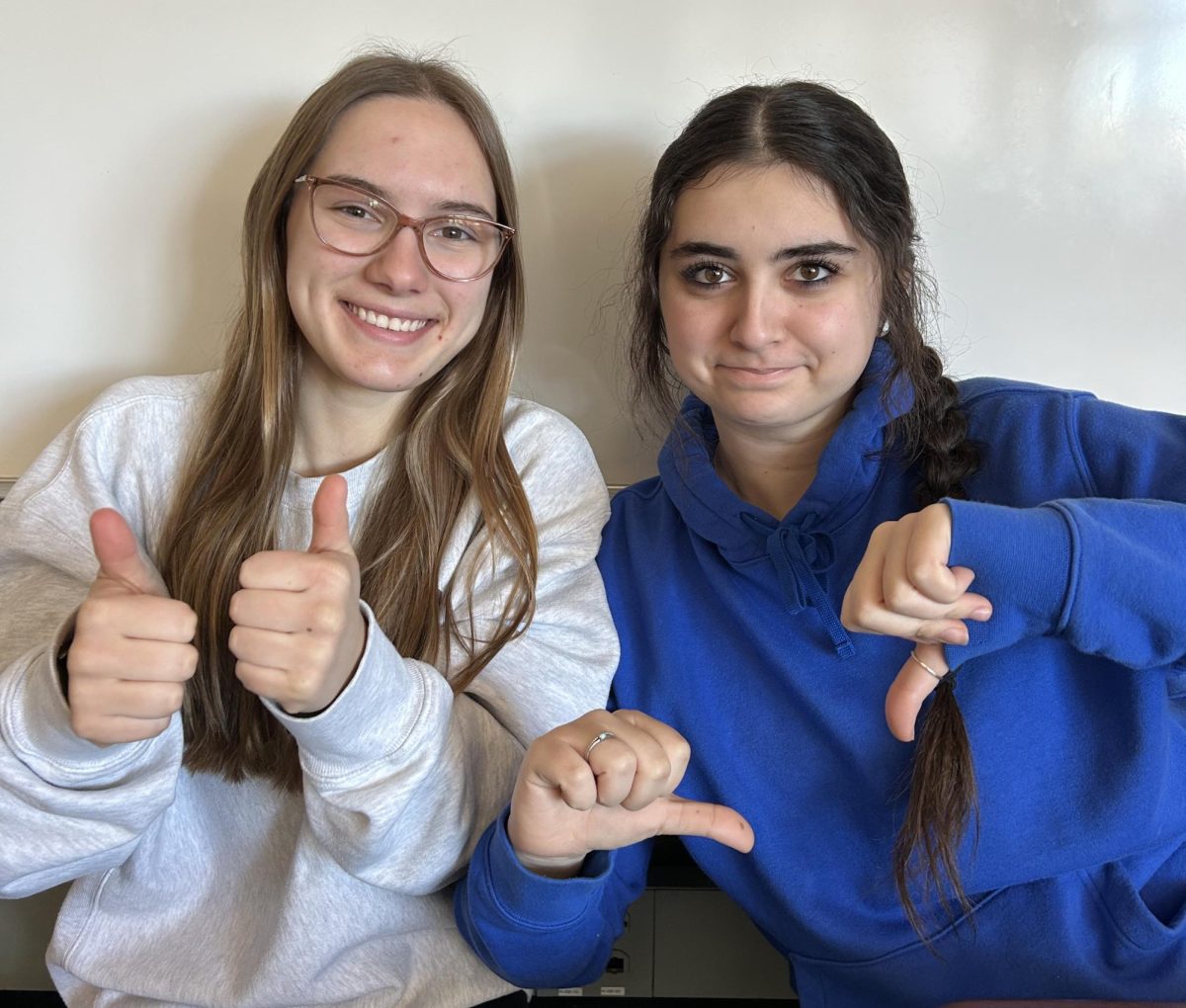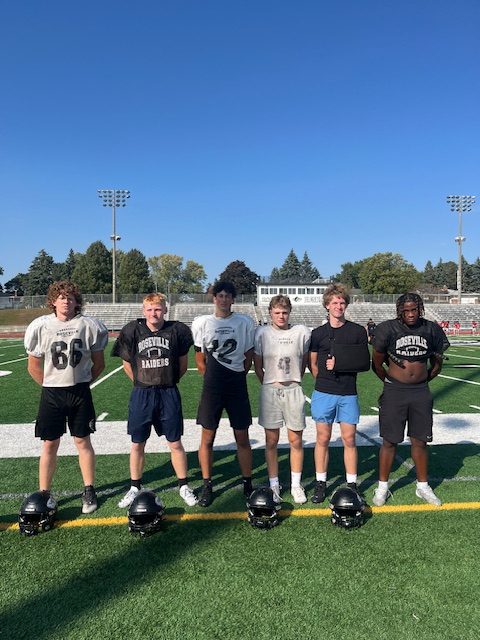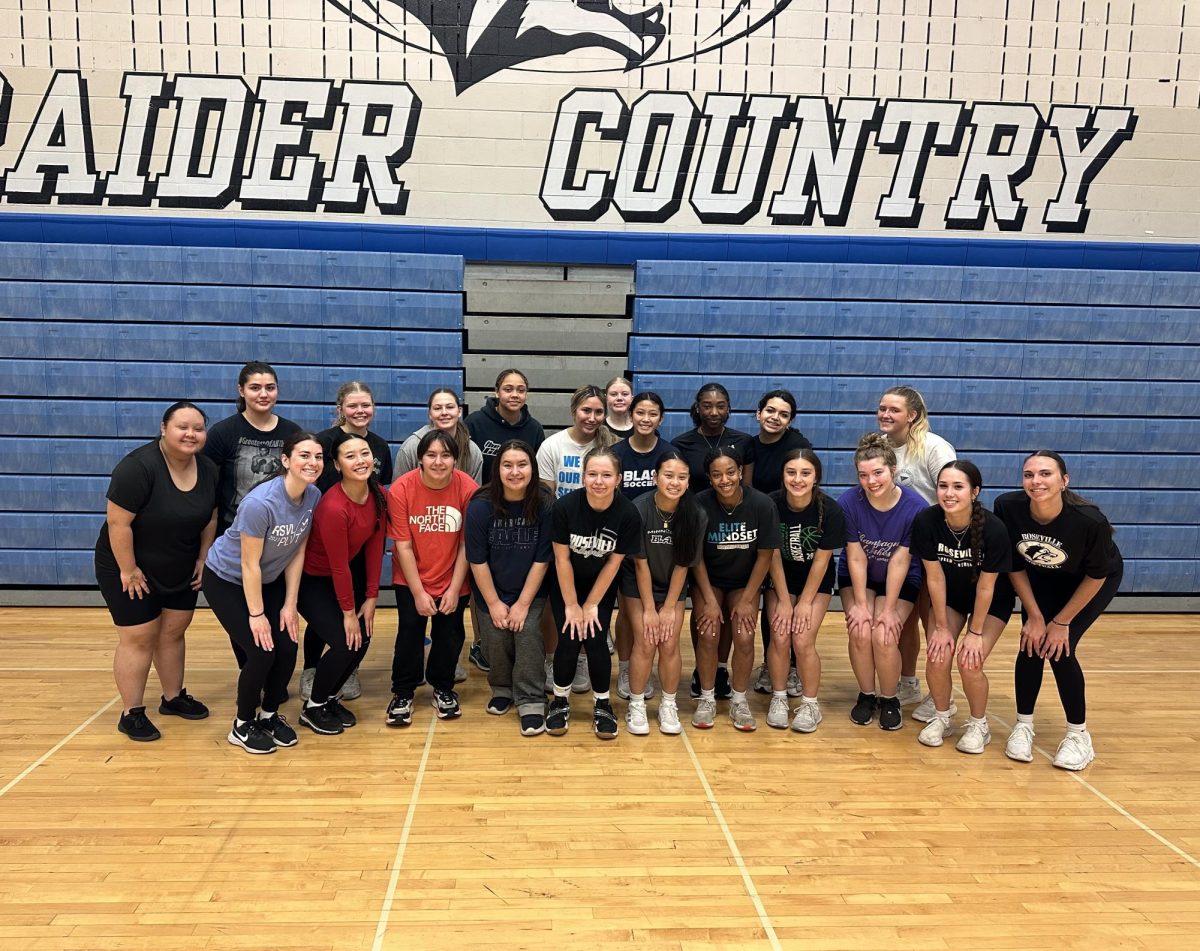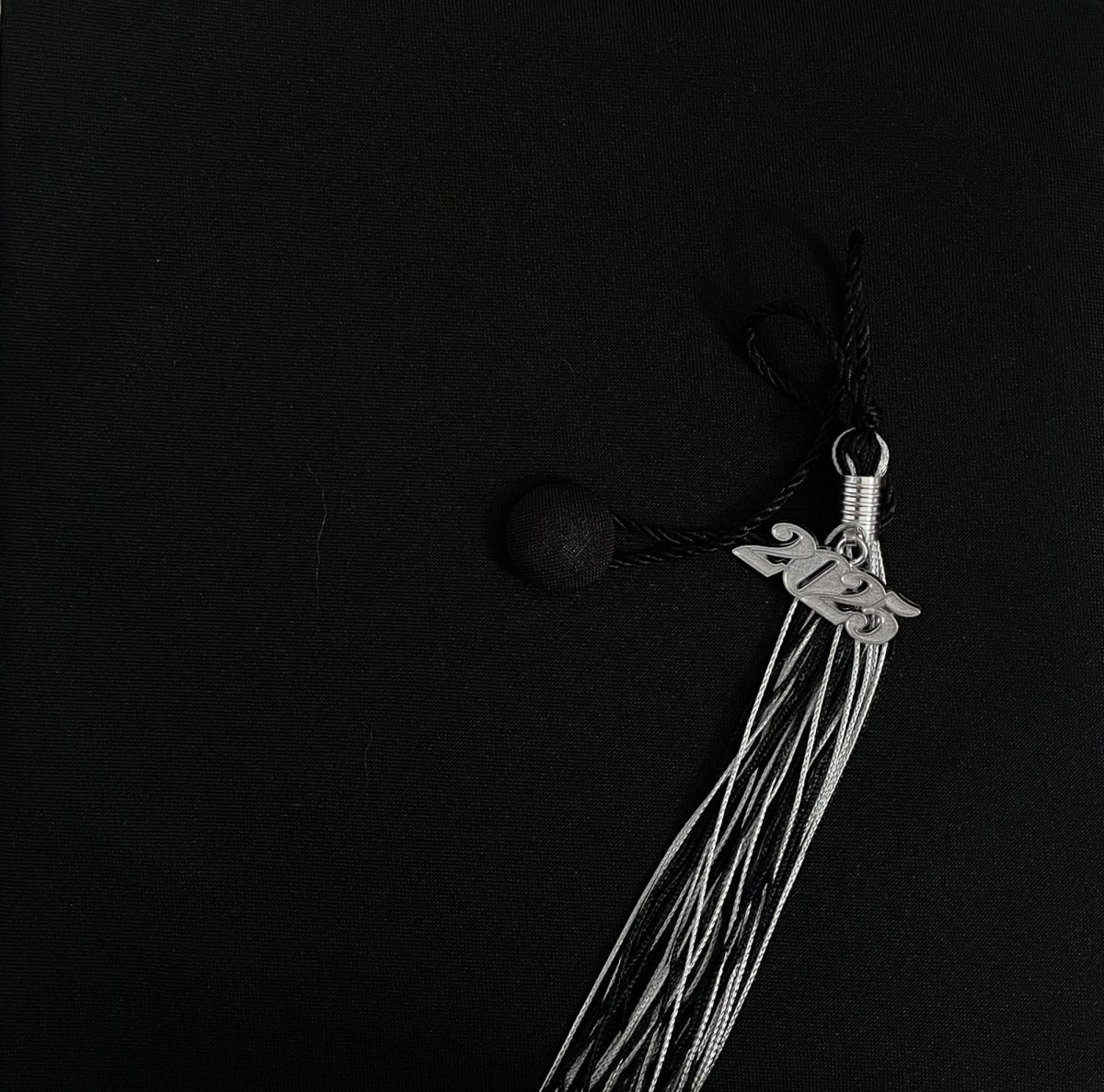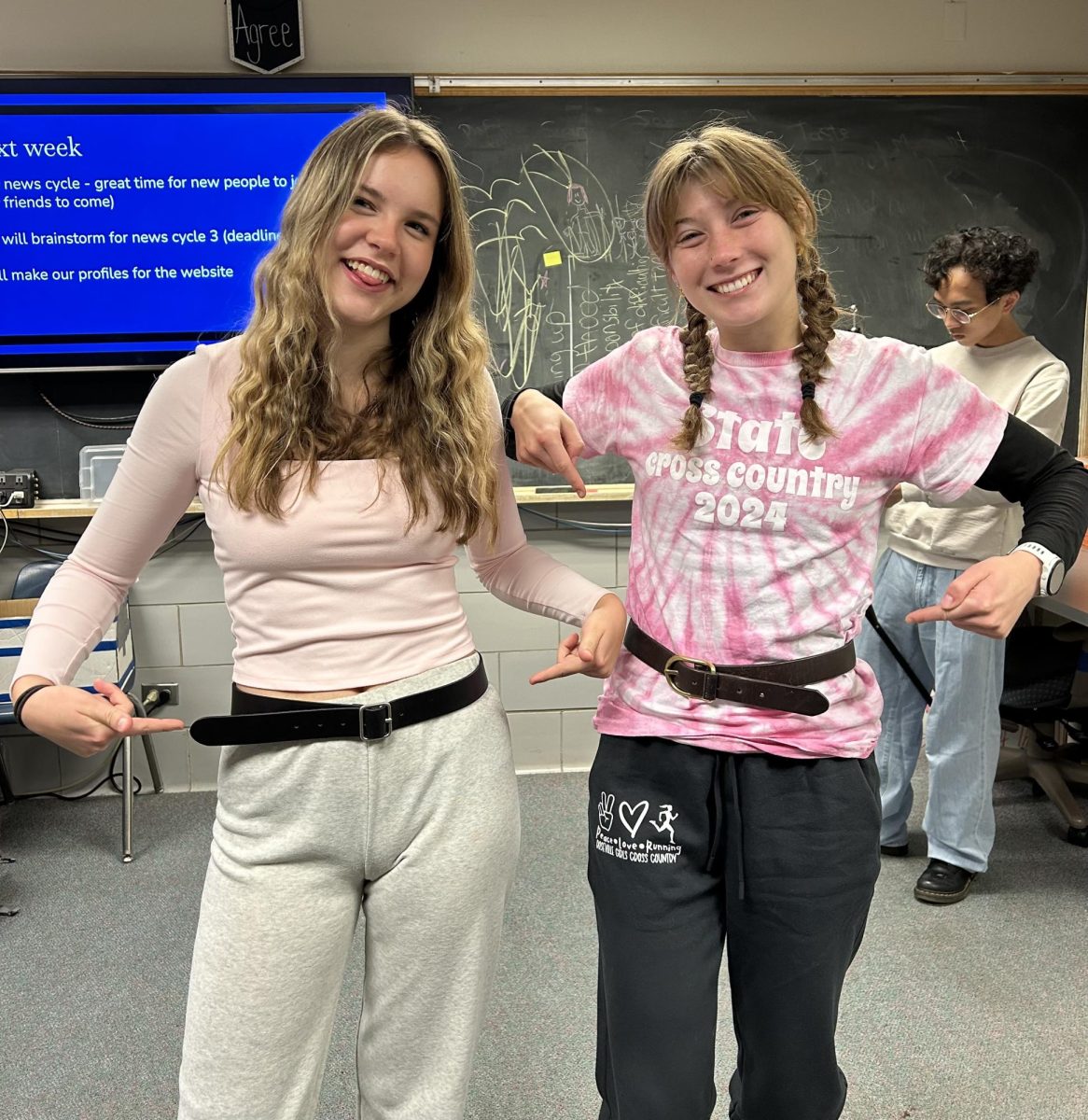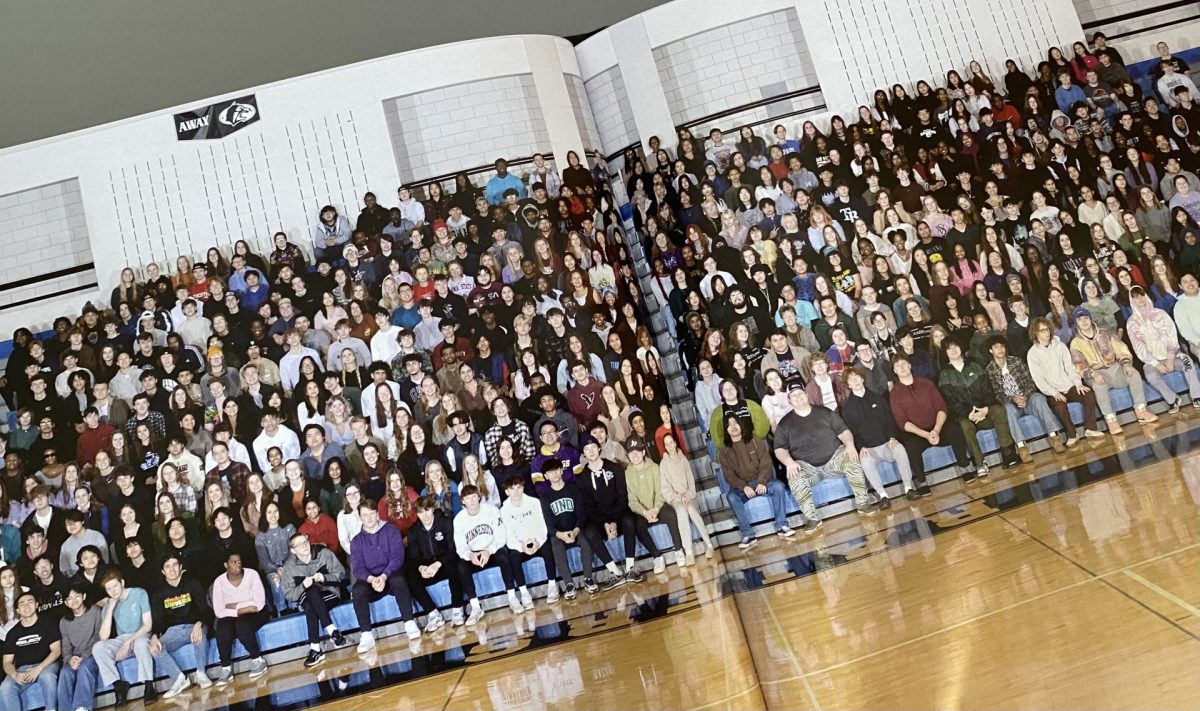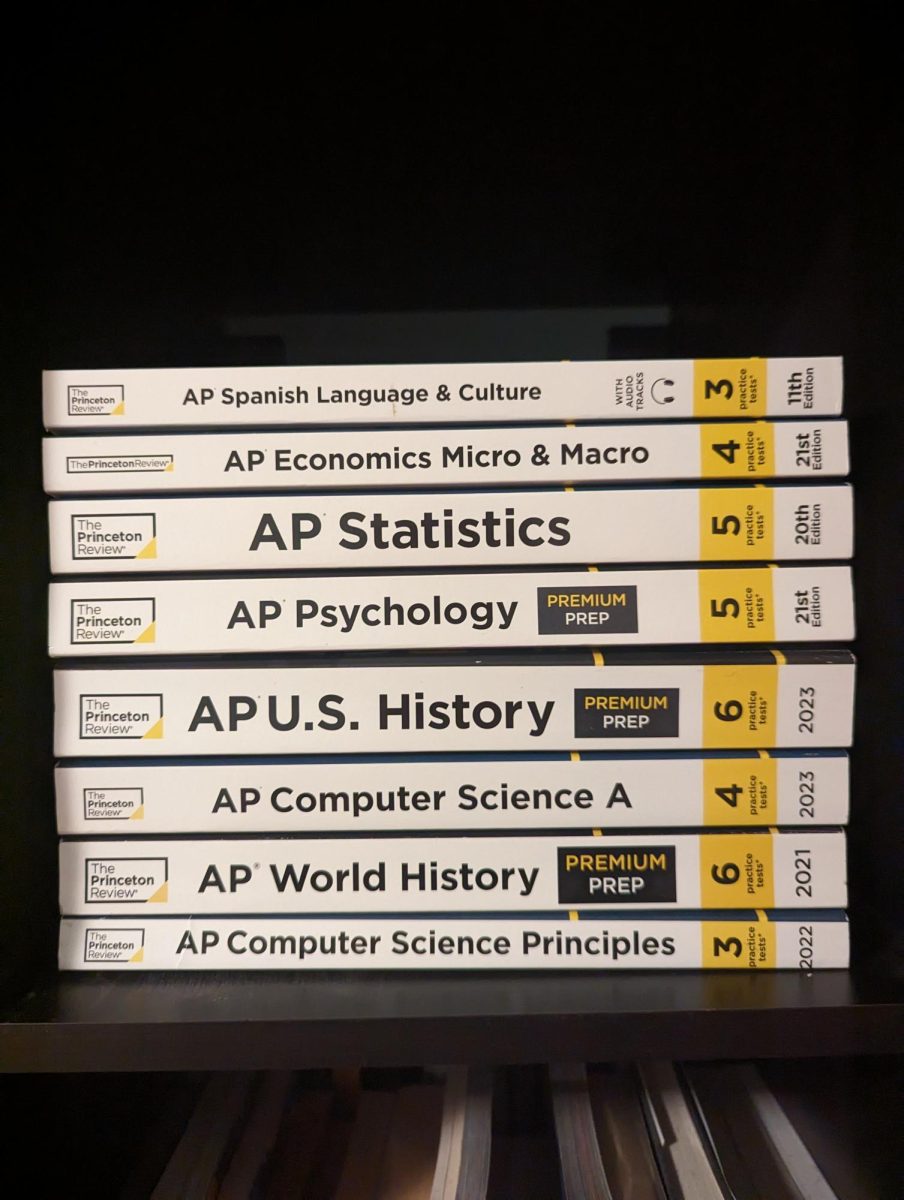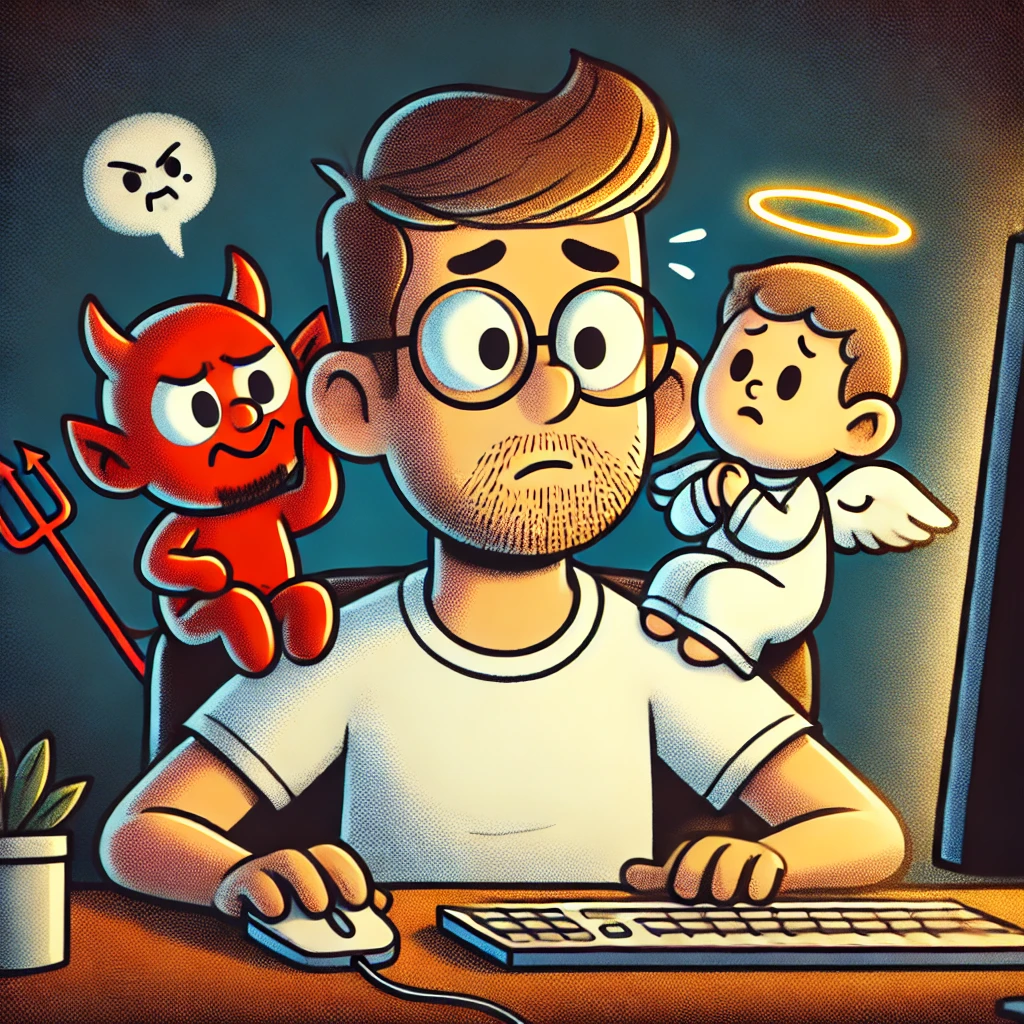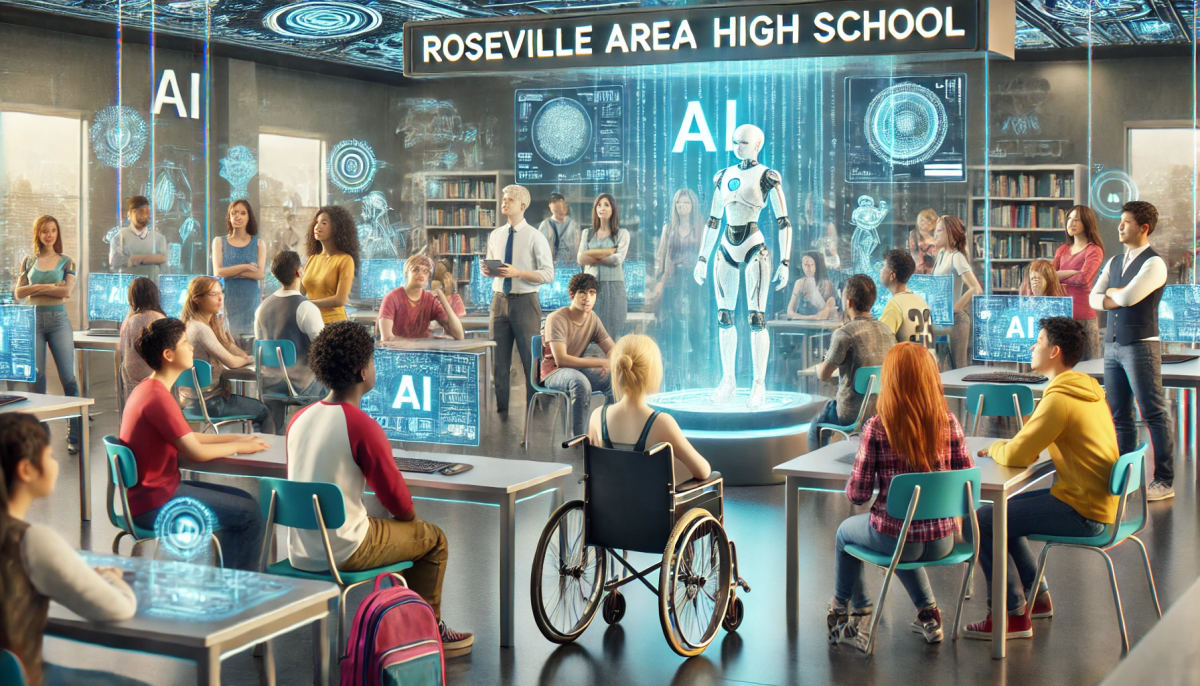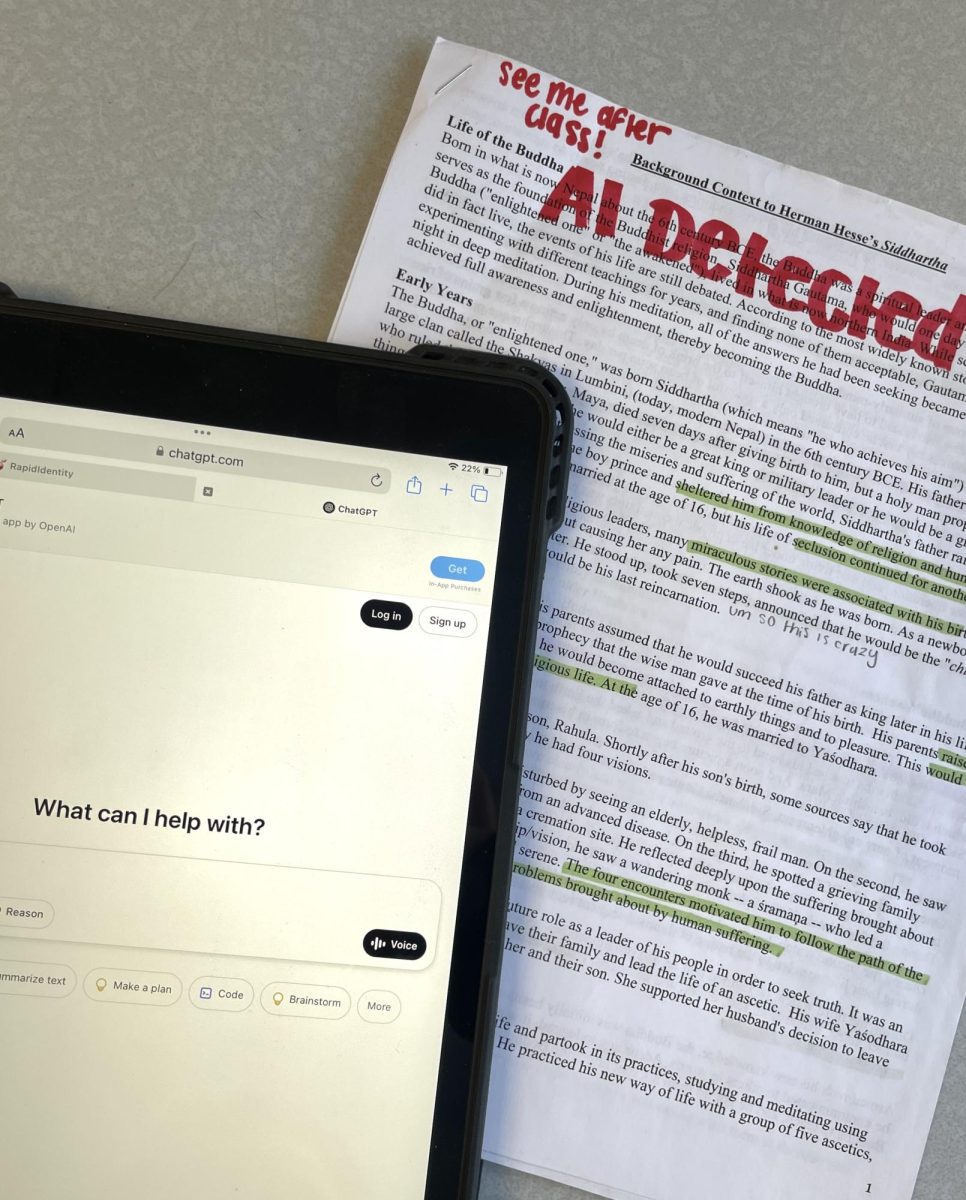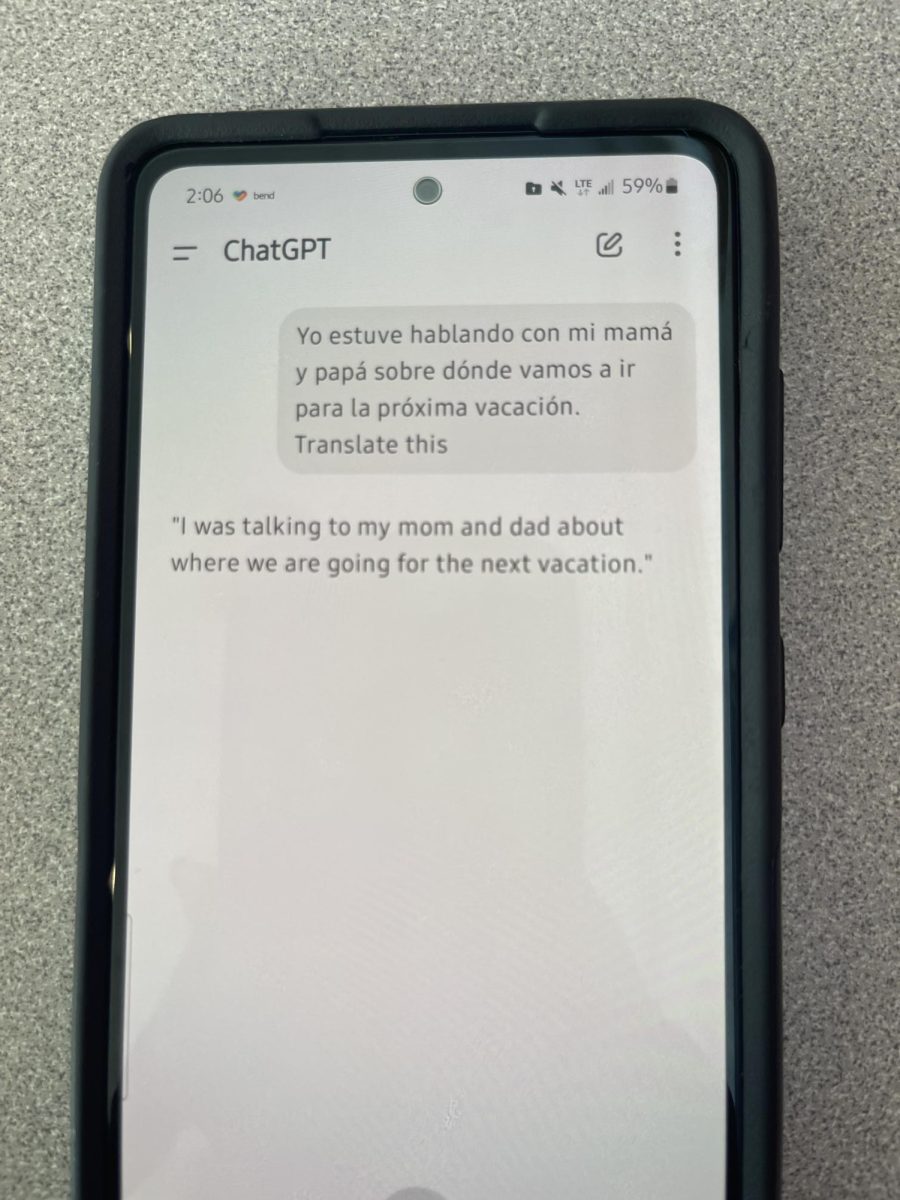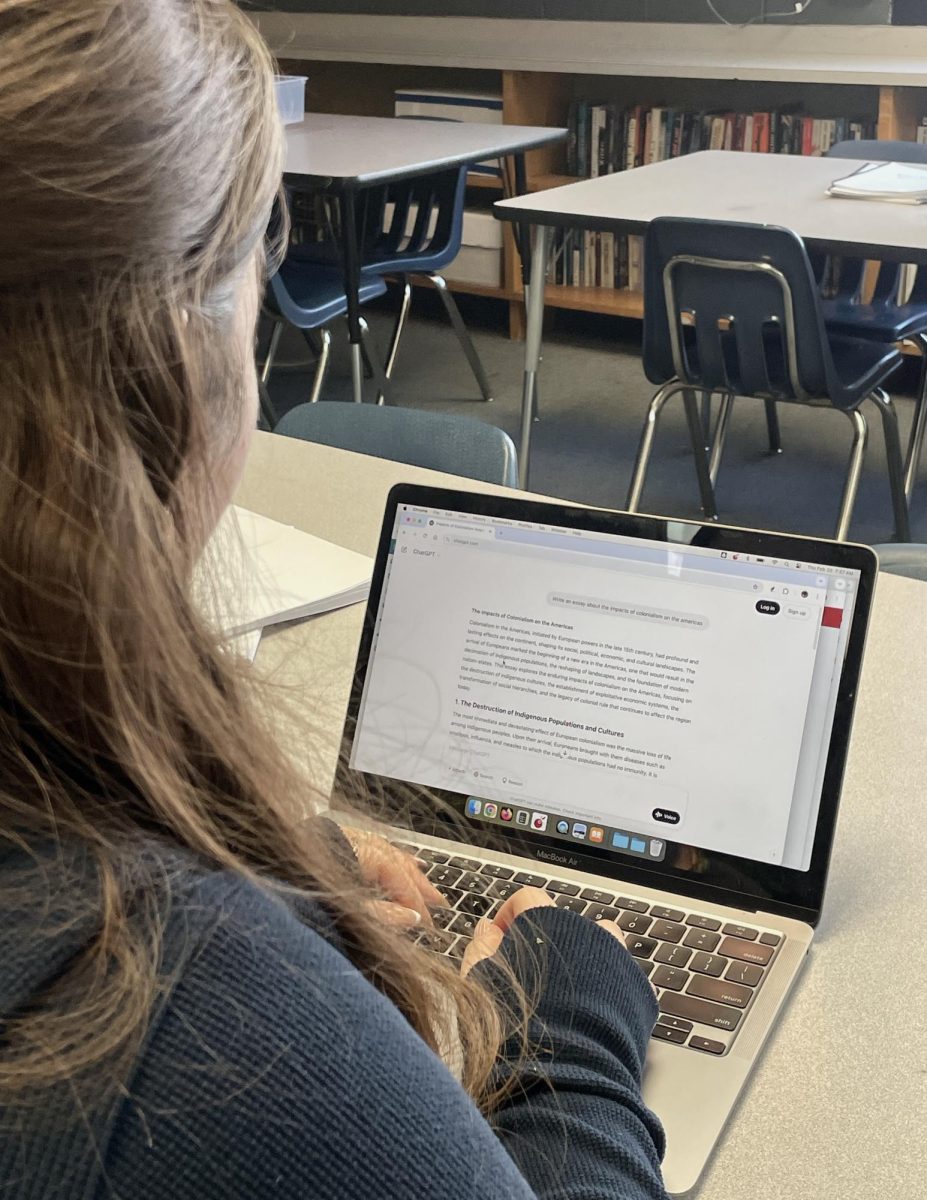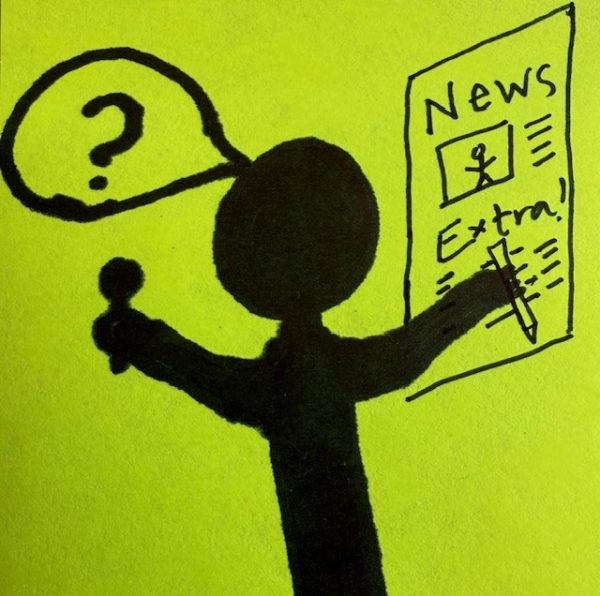It is certainly no secret that A.I. has become popular at RAHS, like many other high schools. With that being said, a question that hangs over many students and staff members’ heads is, when does using A.I. officially become cheating?
A.I. is a known tool that people use to cheat on various school assignments and even tests. However, it is also a valuable resource students can use when needing help. The question of when AI becomes cheating has become quite difficult to answer because of the negative connotations associated with A.I.
Perhaps one answer is for staff to help students understand the distinction between asking A.I. for help to benefit learning rather than asking it for answers to decrease learning.
Access to A.I. is has great potential to benefit our generation, but it can also be used in the wrong context or people can take extreme advantage of it. This question is quite a toss up for students to answer, too. Nora Sabo (11) said, “It’s not cheating when you ask it to teach you something, but it is when you ask it for answers.”
This idea is quite a popular opinion among RAHS students. The logical reasoning behind it seems to be that A.I. should be used more as a tool and resource rather than for the purpose of wholly doing one’s work. This claim is strengthened further when Marin Levin (11) said, “A.I. is cheating when it’s used to do work for you, but using it as a tool can be beneficial.”
The topic of A.I. is a hard one to grasp morally, too. Some people argue that even using it for help is the same as using it for answers. All in all, people’s looks on A.I. and when it technically becomes cheating are all vastly different which seems to also be from everyone’s different definitions of cheating.
However, some tips to potentially overcome the cheating allegations or guilt of using it would be to only use it as a tool and asking it questions rather than specifically asking it for an answer. Use it to further your learning instead of using it as a temporary fix to your homework struggles.

